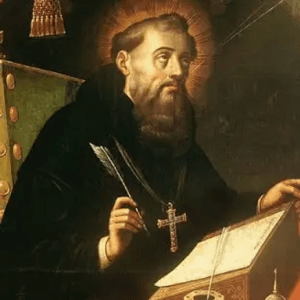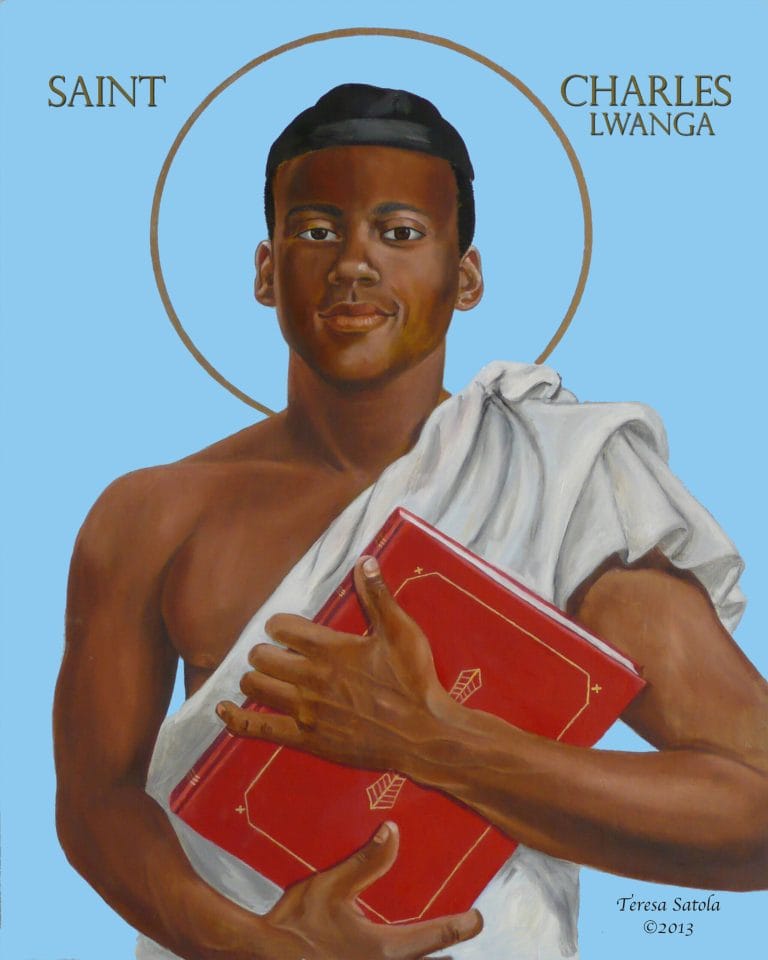
Saint Augustine of Hippo is one of the most influential figures in Christian history. His profound theological insights, philosophical writings, and personal transformation continue to inspire millions of believers worldwide. Born in 354 AD in Thagaste (modern-day Algeria), Augustine’s journey to sainthood was marked by struggle, conversion, and a deep yearning for truth.
Early Life and Struggles
Augustine was born to a pagan father, Patricius, and a devout Christian mother, Saint Monica. Despite his mother’s prayers and guidance, Augustine initially pursued a hedonistic lifestyle, engaging in worldly pleasures and intellectual pursuits. He studied rhetoric in Carthage and became deeply influenced by Manichaeism, a dualistic religion that opposed Christian teachings.
Conversion to Christianity
Augustine’s path to Christianity was long and difficult. His mother, Saint Monica, never ceased praying for his conversion, and her perseverance bore fruit when Augustine encountered the great Christian thinker, Saint Ambrose of Milan. Influenced by Ambrose’s teachings and the Bible, particularly Romans 13:13-14, Augustine experienced a profound spiritual awakening in 386 AD. He was baptized by Saint Ambrose on Easter Vigil in 387 AD, marking the beginning of his dedication to the Christian faith.

Life as a Bishop and Theologian
After his baptism, Augustine returned to North Africa and became a priest in 391 AD. His intellect and devotion led to his appointment as the Bishop of Hippo in 396 AD, a position he held until his death in 430 AD. As a bishop, Augustine wrote extensively on theology, philosophy, and Christian doctrine. His most famous works include:
- Confessions – A deeply personal autobiography that narrates his sinful youth, conversion, and reflections on God’s grace.
- The City of God – A monumental theological and philosophical text addressing the fall of Rome and the role of Christianity in human history.
- On Christian Doctrine – A guide for interpreting Scripture and teaching Christian principles.
Legacy and Sainthood
Augustine’s writings shaped Western Christianity and influenced key theological debates on grace, free will, and original sin. His teachings became fundamental to both Catholic and Protestant traditions. He was canonized as a saint and later declared a Doctor of the Church, a title given to those who have made significant contributions to Christian theology.
Saint Augustine passed away in 430 AD as the Vandals besieged Hippo. His legacy, however, lives on through his writings and the countless believers who continue to be inspired by his wisdom.

Conclusion
Saint Augustine’s journey from a life of indulgence to one of deep faith is a testament to the power of divine grace and intellectual pursuit. His story encourages believers to seek truth, embrace transformation, and remain steadfast in their faith.
His feast day is celebrated on August 28. Through his works and teachings, Saint Augustine remains a beacon of Christian thought and devotion, proving that no one is beyond God’s reach.






